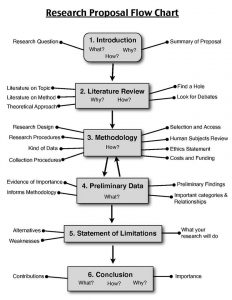Putting a Thesis or a Paper Together?
This graphic is a great start for organizing your notes. Once you have done your research,
- Check your writing for grammar and style with a free tool like Grammarly
- Ensure all your writing is your own with a free plagiarism checker
- Ensure you sound like a human person and not a bot with Copyleaks or Crossplag
- Use APA Citations (and take the mystery out of the formatting with this citation generator).
Should You Trust AI To Do Your Research (Or Your Writing) For You?

Any generative AI (ChatGPT or other) is only as good as 1. its Training Data and 2. its model. Here is what you could–and what you shouldn’t–use AI for:
Organizing outlines and ideas: When you have ideas, but they’re all disjointed, and you are overwhelmed by the material. Type your ideas into the AI and ask it to help you organize an outline or connect your ideas.
Research: You can use the AI to search for relevant articles on your topic. HOWEVER, be prepared that the AI’s training data may be older (ChatGPT’s training data goes up to 2021 only) or that the algorithm may connect authors with titles of papers they never wrote or journals in which the papers were never published. In other words: Don’t trust the AI to be a reliable search engine. You are much better off doing the following:
- Using a library search engine or Google Scholar to find your research.
- Reading the abstract of the papers you found yourself.
- If needed, you could paste the text of the paper into the AI and ask for a summary of the main ideas or a specific idea.
Writing: Ever heard of the ZeroGPT project? Any plagiarism software has been updated with AI detectors, so it’s easy to spot when someone violates the VU Academic Honor Code (which you signed when you became a student here). SOOOOOOO … Don’t cut and paste from the AI into your paper. Treat any AI-generated text as a drafty-draft-draft-draft to edit and make your own. While the AI text may be grammatically correct, it is often stuffy and stilted, and you don’t want to sound like someone who received their education in the last century, do you?


